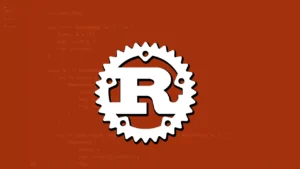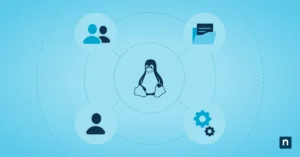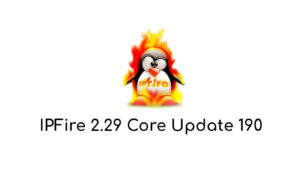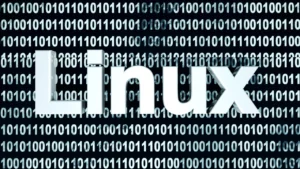This is a guest post by Jenny Florence who is a full-time professional writer. If you would also like to write for us, have a look at this page.
The terms open source and free-soft have been thrown around greatly for the past decade or so, but do many people really understand what they relate to? Words often used to describe the open source scene may include free, non-proprietary or maybe even shareware. However, these phrases still don’t really explain what it is. By definition, open source is defined as being able to see the actual source code of the program in question while closed source would mean that the only code available on the users end is in binary format. Now, you’re probably thinking to yourself, “Great, now that I know what open source stands for, how exactly does it affect me?”
That is a great question. It affects almost everything that is done on a personal computer today. From the freedom to search Google to the very internet used to get to your favorite webpage, the liberty of open source makes the world go round.
The Essentials
To be considered as an open source project there are generally three categories the software must adhere to. Firstly, the source code should be publicly available. This ensures that anybody can modify it to their choosing no matter who they are affiliated with. It must also be easily obtainable and not be written in a such a way that it may be difficult to decipher. Secondly, the software must be distributed freely. There is not to be any difficulty of transfer along the way from any developer who wishes to modify the software in their own way. Finally, everybody has the right to derive new works, projects and creations by modifying the source code in any way they see fit. In a layman’s terms the term open source is explained very broadly – sort of like personal finances – and does not necessarily mean it is free, even though it is associated heavily with free software.
As mentioned before, open source may have been tossed around a lot in the past decade, but the term was really coined back in 1980 when Usenet hit the scene. Usenet allowed people from all over the world to collaborate freely on projects of any sort, beating out the internet by over ten years. This original infrastructure is what paved the way for the internet as we know it today. Many people never really thought the internet could be considered an open source platform, but this exact point is what makes this topic so very interesting.
What It Means for You
Open source software goes beyond the point of being readily available. Often the content provided is highly reliable, stable, flexible and quite often very cost effective. You may not know it but almost every web server in the world currently runs on the Apache foundation framework. It is well known as being very stable and extremely powerful. Also, on the plus side, it is free to use and there are tons of communities and websites available if you require additional support. The fact that there is no vendor lock-in is also huge. If a company were to use an open source based solution and were to decide to switch something else they wouldn’t have to factor in the monetary lost of a system they already paid for. This can be a huge detail when making large decisions in a big company, no matter how large or small.
Next to that, many of the programming languages that now power the web are open source. Take PHP, CSS, HTML and MySQL for example. These four unique languages and syntaxes combined with Apache are the forerunners of the internet, even though the majority of the mass population has no sort of idea what they do. Through the cultivation of open source efforts and the creative minds of people all around the Earth the world wide web has literally been transformed into a playground of free experimentation and design. These powerful languages allow people of any skill level to pursue their dreams and provide dynamic solutions to the ever evolving future. Best of all they don’t limit the creativity that other languages produced by proprietary companies due to their costs related to operating platforms. Open source is always going to be the driving force in our world and it is important to keep in mind how easy things can be if we all work together a bit more.











One doubt 🙂
suppose i create a project ,amd i decided to release the sourcecode and restrict it for studying purpose only (changing the code and redistribution is not allowed) can i say it is an opensource code?
2)what is the differences between free s/w and opensource s/w
1) No. If you create a project to be called open source you will have to give the license to others to modify and distribute it.
2) Both of them mean the same, here by free we mean free to edit, distribute and modify, not free of price. It may also happen that Open Source software will cost something, but the source code of the software and editing rights will have to be public
In RMS, our god’s own words, Free software should have four freedoms. Freedom ’0′ is to run the program as you wish. Freedom ’1′ is the freedom to study the source code and change it — so it does your computing as you wish. Freedom ’2′ is the freedom to help others to make copies of the software, and distribute them. Freedom ’3′ is the freedom to contribute to your community, to make copies of your modified versions, and distribute them to others if you wish. So, if a program comes with these four freedoms, it’s Free Software. You can learn more about it in this post.